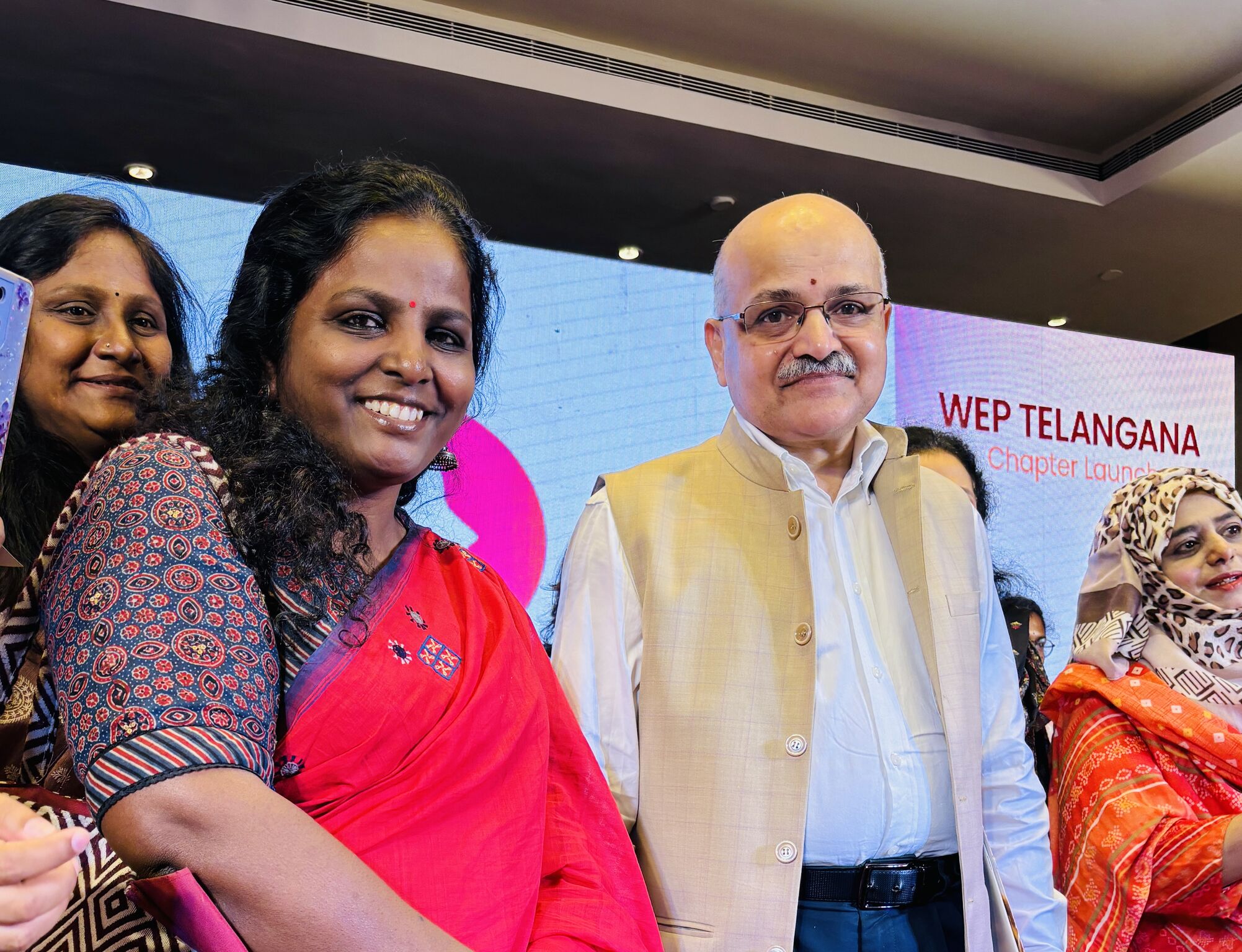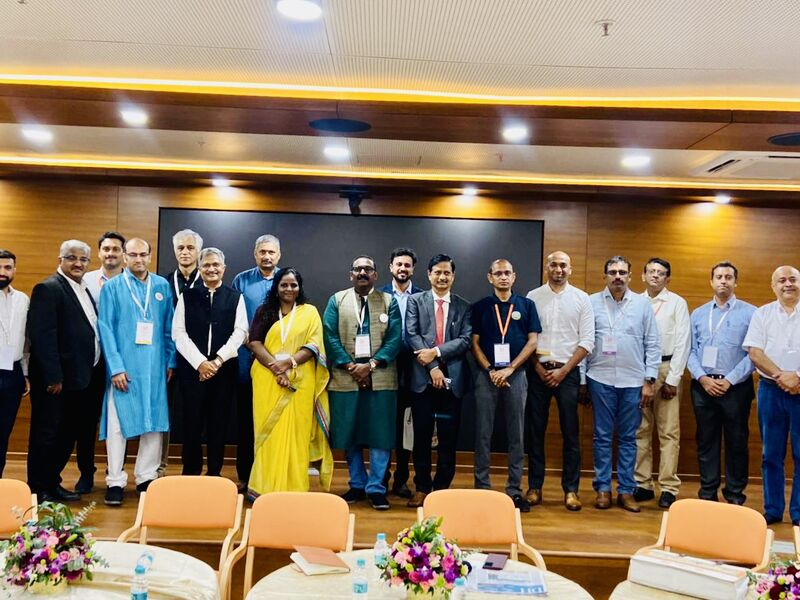
A Reflection on NITI Aayog's WEP Telangana Chapter by Vishala Reddy Vuyyala
It was an absolute pleasure for Vishala Reddy Vuyyala to be a part of the launch of the Telangana Chapter of the Women Entrepreneurship Program (WEP), a flagship initiative of NITI Aayog aimed at building a robust ecosystem for women entrepreneurs across India. This initiative is designed to offer comprehensive support for women in business through capacity building, mentorship, and access to market linkages.
Vishala Reddy, an influential voice in women’s empowerment and a seasoned advocate for entrepreneurship, was particularly impressed with the Government of Telangana’s efforts in promoting women leadership through initiatives like WE Hub. The decision to extend the WEP to the mandal level in Telangana, providing much-needed support to grassroots women entrepreneurs, further reflects the government’s commitment to inclusivity. This move is seen as a critical step toward empowering women entrepreneurs at all levels, ensuring they receive the tools and support needed to thrive in the competitive market.
The Need for Accountability and Sustainable Growth
However, Vishala raised important concerns based on her four years of experience observing similar programs at the national level. Often, these programs receive significant media attention at the launch but lose momentum as time passes. To avoid this, she highlighted two critical elements that could ensure the program’s long-term success:

Image credits: Linkedin/ Vishala Reddy Vuyyala
1. Accountability Mechanisms:
Vishala believes that a structured system should be in place to ensure that the commitments made to women entrepreneurs are met. Building an accountability framework into the WEP could allow for regular feedback, enabling women to voice their concerns and seek resolutions if promises are not fulfilled.
2. Defining Success Metrics:
It is essential to measure the success of these women entrepreneurs by establishing clear metrics. These metrics should not only track growth but also monitor the challenges they face, providing them with continuous support throughout their entrepreneurial journey. Moreover, there should be a pathway for raising concerns if any difficulties arise, ensuring a safety net for women entrepreneurs.
A Potential Whistleblower and Advocate for Improvement
Given her background as a passionate advocate for women’s empowerment, Vishala could play a crucial role in holding the WEP and similar programs accountable. Having witnessed the decline of several initiatives due to a lack of follow-through, Vishala has the potential to be a whistleblower, raising red flags when programs begin to lose traction.
Her career has been marked by a consistent push toward creating a more inclusive and supportive environment for women in business. With her deep understanding of the entrepreneurial landscape and her influence at both grassroots and national levels, Vishala is well-positioned to offer critical feedback, ensure transparency, and drive necessary improvements within the WEP. Her involvement could help maintain the momentum and relevance of the initiative, ensuring that it delivers on its promises and makes a lasting impact on women entrepreneurs.

Image credits: Linkedin/ Vishala Reddy Vuyyala
The Women Entrepreneurship Program has the potential to be a transformative initiative, particularly with the backing of NITI Aayog and the proactive steps taken by the Telangana government.
However, as Vishala Reddy Vuyyala rightly points out, the success of the program depends on continuous accountability and well-defined success metrics that address the real challenges faced by women entrepreneurs.
With strong voices like Vishala advocating for improvement, the WEP can become a long-lasting and impactful initiative that truly empowers women across India.
IS360 Can be Reached at
Sharing is caring!

